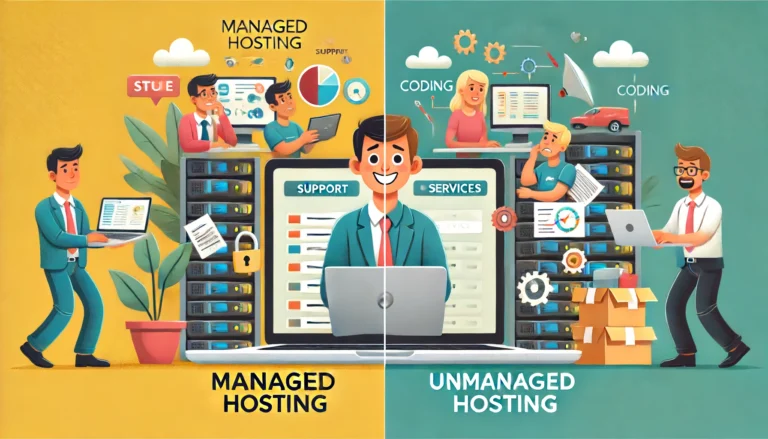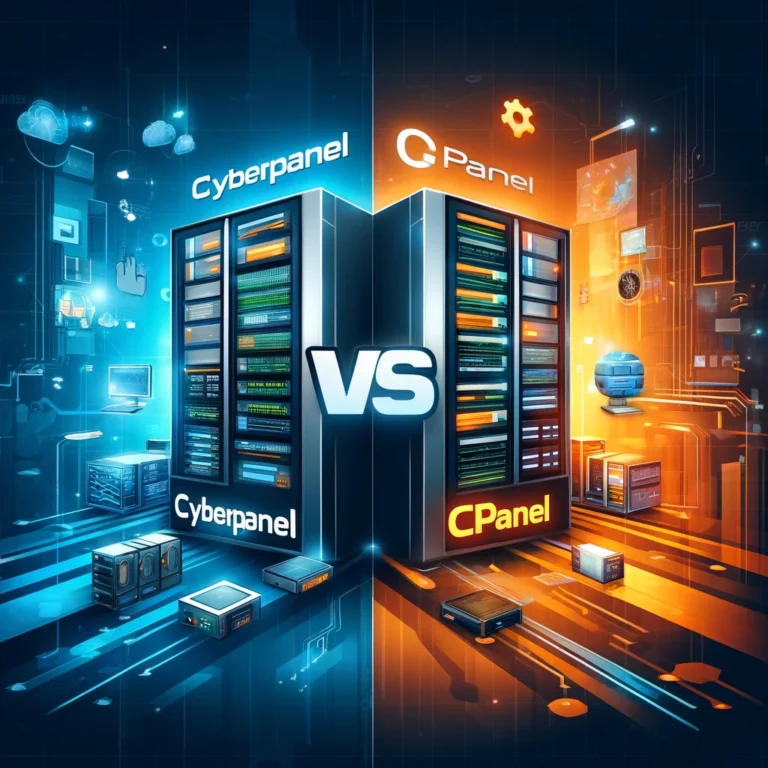The Ultimate Guide to DMCA Ignored Hosting: Secure and Private Hosting Solutions

In today’s digital landscape, finding a hosting solution that prioritizes both privacy and security can be challenging. This ultimate guide to DMCA ignored hosting will explore how these specialized services provide the secure and private hosting solutions you need. Whether you’re concerned about privacy, freedom of expression, or need a resilient hosting option, DMCA ignored hosting offers a compelling solution.
Table of Contents
Introduction
The rise of digital content has led to an increasing demand for hosting solutions that respect privacy and offer robust security. Traditional hosting services, while effective, often adhere strictly to the Digital Millennium Copyright Act (DMCA), which can be problematic for users who prioritize privacy or operate in legally gray areas. This is where DMCA ignored hosting comes into play. By offering a secure, private, and resilient hosting environment, these services cater to a niche but growing market of users who require more than conventional hosting can provide.
The Ultimate Guide to DMCA Ignored Hosting aims to demystify these services, explore their benefits, and provide practical insights on choosing the best provider for your needs.
What is DMCA Ignored Hosting?
DMCA ignored hosting refers to hosting services that operate in jurisdictions where the DMCA does not apply or is not enforced. This type of hosting is particularly beneficial for users who want to publish content without the risk of being taken down due to DMCA complaints. These hosting providers offer enhanced privacy, security, and freedom of expression, making them ideal for various use cases, from personal blogs to whistleblower platforms.
Why Choose DMCA Ignored Hosting?
There are several reasons why one might choose DMCA ignored hosting over traditional hosting services:
- Enhanced Privacy: DMCA ignored hosting providers often operate in countries with strict privacy laws, ensuring your data remains secure and private.
- Freedom of Expression: These services are ideal for users who want to publish controversial or sensitive content without fear of censorship.
- Resilience to Takedowns: By ignoring DMCA complaints, these hosting services provide a more stable and resilient environment for your website or online platform.
Key Features of DMCA Ignored Hosting
When considering DMCA ignored hosting, it’s essential to understand the key features that set these services apart from traditional hosting providers:
- Jurisdiction: Operating in countries where the DMCA is not enforced.
- Privacy Policies: Robust privacy policies that protect user data.
- Server Security: Advanced security measures to safeguard against cyber threats.
- Anonymity: Options for anonymous payments and registration to further enhance privacy.
- Content Freedom: Ability to host a wide range of content without the risk of takedowns due to DMCA complaints.
Benefits of Secure and Private Hosting Solutions
Opting for secure and private hosting solutions, such as DMCA ignored hosting, comes with several significant benefits:
- Data Protection: Enhanced security protocols ensure that your data is safe from unauthorized access.
- Anonymity: Many providers offer anonymous registration and payment options, protecting your identity.
- Content Security: The risk of content takedowns is significantly reduced, ensuring your online presence remains uninterrupted.
- Legal Shielding: Operating in DMCA ignored jurisdictions offers a layer of legal protection that traditional hosting cannot provide.
How to Choose the Best DMCA Ignored Hosting Provider
Selecting the right DMCA ignored hosting provider requires careful consideration of several factors:
- Reputation: Research the provider’s reputation through reviews and user feedback.
- Location: Ensure the provider operates in a jurisdiction that aligns with your privacy and legal needs.
- Security Measures: Look for providers with robust security protocols to protect your data.
- Customer Support: Reliable customer support is crucial for resolving any issues that may arise.
- Pricing: Compare pricing plans to ensure you get the best value for your needs.
Setting Up Your DMCA Ignored Hosting
Setting up DMCA ignored hosting involves a few key steps:
- Choose a Provider: Select a hosting provider that meets your needs based on reputation, security, and pricing.
- Register Anonymously: If privacy is a priority, opt for anonymous registration and payment options.
- Configure Security Settings: Ensure that your hosting account is configured with the necessary security settings to protect your data.
- Upload Content: Transfer your website content to the new hosting provider, ensuring it complies with their policies and guidelines.
DMCA Ignored Hosting for Different Use Cases
DMCA ignored hosting is suitable for a variety of use cases, each benefiting from its unique features:
- Freedom of Speech Platforms: Ideal for websites promoting freedom of speech and expression.
- Whistleblower Sites: Provides a secure and private platform for whistleblowers to share sensitive information.
- Privacy-Focused Blogs: Ensures that personal blogs remain private and secure from external threats.
- Media Streaming: Enables the hosting of media content without the risk of takedowns due to DMCA complaints.
Challenges and Considerations
While DMCA ignored hosting offers numerous benefits, it’s essential to be aware of potential challenges:
- Legal Risks: Operating in legally gray areas can pose risks, depending on the content being hosted.
- Provider Reliability: Not all DMCA ignored hosting providers are created equal; some may have reliability issues.
- Content Restrictions: While DMCA complaints are ignored, providers may still have content restrictions based on their policies.
Legal Implications of DMCA Ignored Hosting
Understanding the legal implications of DMCA ignored hosting is crucial for making informed decisions:
- Jurisdictional Differences: The legality of hosting certain types of content can vary significantly between jurisdictions.
- Content Liability: Users are ultimately responsible for the content they host, even with DMCA ignored services.
- Compliance: It’s essential to ensure that your content complies with the laws of the hosting provider’s country.
Conclusion
The Ultimate Guide to DMCA Ignored Hosting provides a comprehensive overview of secure and private hosting solutions that cater to users seeking enhanced privacy, freedom of expression, and resilience to takedowns. By understanding the key features, benefits, and challenges of DMCA ignored hosting, you can make informed decisions that best meet your hosting needs. Whether you’re a privacy advocate, a content creator, or a whistleblower, DMCA ignored hosting offers a viable and robust solution for maintaining a secure and private online presence.
FAQs
What is DMCA ignored hosting?
DMCA ignored hosting refers to hosting services that operate in jurisdictions where the Digital Millennium Copyright Act (DMCA) is not enforced, providing enhanced privacy and security.
Why should I choose DMCA ignored hosting?
Choosing DMCA ignored hosting offers benefits such as enhanced privacy, freedom of expression, and resilience to takedowns due to DMCA complaints.
How do I select the best DMCA ignored hosting provider?
Consider factors such as the provider’s reputation, location, security measures, customer support, and pricing when selecting a DMCA ignored hosting provider.
Is DMCA ignored hosting legal?
DMCA ignored hosting operates in jurisdictions where the DMCA is not enforced, but users must ensure their content complies with the laws of the hosting provider’s country.
Can I host any type of content on DMCA ignored hosting?
While DMCA complaints are ignored, providers may still have content restrictions based on their policies. It’s essential to review the provider’s terms and conditions.
What are the potential challenges of DMCA ignored hosting?
Challenges include legal risks, provider reliability issues, and potential content restrictions despite the lack of DMCA enforcement.






